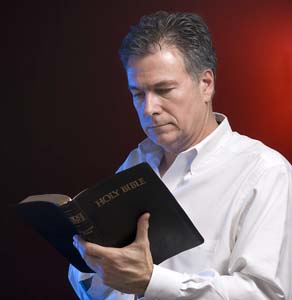
By Leslie M. Grant
“For thus says the LORD of hosts: ‘Once more (it is a little while) I will shake heaven and earth, the sea and dry land; and I will shake all nations, and they shall come to the Desire of All Nations, and I will fill this temple with glory,’ says the LORD of hosts.” —Haggai 2:6-7 NKJV
Haggai, meaning “my feasts,” was written after the Jews’ returned to Jerusalem from the captivity in Babylon. The book’s subject is the temple. Having been destroyed, its foundations were built again on a smaller scale. The prophet pressed on the people the shame of their laxity in reference to the house of God and building it. He urged them to consider their ways. A true prophet, he sought to “shake” them from their selfishness – running to their own houses while God’s house was neglected (1:9) – for soon the Lord would shake everything in heaven and earth. “The Desire of All Nations” – Christ, the great Messiah – would come, and through Him God’s house would be filled with glory.
Four distinct messages are given in Haggai. The first comprises chapter 1 and gives solemn reproofs. Thankfully those produced good effects in both leaders and people, in their being stirred to build. The second message (2:1-9) gives refreshing encouragement in its prophetic vision of Christ. The third (vv.10-19) insists on the purity and separation appropriate to God’s house and urges godly consideration. The fourth (vv.20-23) is prophetic of the overthrowing of all oppressing kingdoms. It continues by speaking of the blessing to be established in the person of Jehovah’s Servant, the Messiah, who was typified by Zerubbabel, ruler of Israel.
This book should surely exercise us regarding God’s present-day interests in His “spiritual house,” the Church of the Living God.